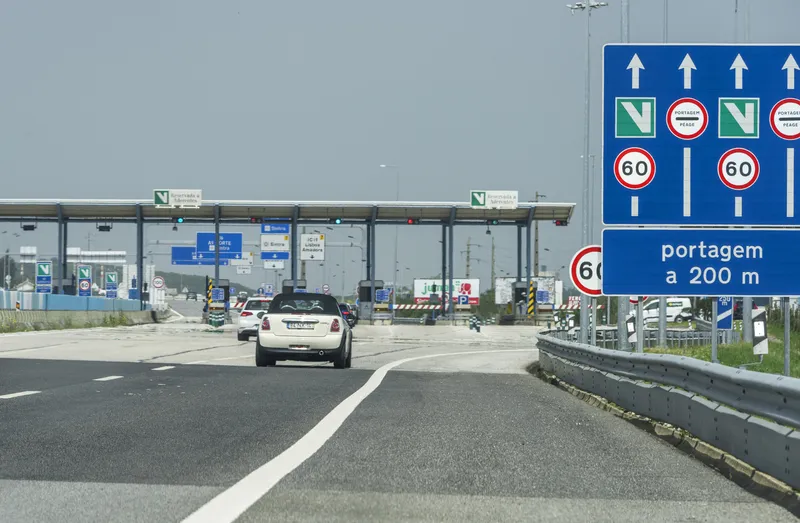
Q-Free has won a three-year, "multi-million dollar/euro" tolling transponder extension with Via Verde Portugal.
The southern European firm is one of the continent’s largest providers of transponders and on-board units (OBUs). Under the agreement, Q-Free - which also held the contract for the last three years - will deliver 2.4 million devices to enable cross-border interoperability in Portugal, Spain and France.
Via Verde launched the world’s first integrated, multilane free-flow electronic toll collection system in Portugal and its dedicated short-range communication (DSRC) transponders are used to pay for parking, drive-through services, ferries and vehicle inspections, as well as tolling.
Q-Free's transponders have a long battery life, and Via Verde cited reliability as a factor in the decision to award the contract.
“Portugal is a key tolling market for Q-Free, and we’ve worked hard to establish and maintain our relationship with Via Verde," says Fredrik Nordh, EVP of tolling for Q-Free.
"This project validates that work and our success. We are excited to extend our work together at a crucial time in the evolution of the tolling industry in Europe.”
The two companies have worked together for more than 20 years, and Q-Free says its commitment to sustainability was another factor in Via Verde's decision, "specifically in manufacturing and product packaging, logistics, and operations, as well as the company’s ability to potentially recycle and service transponders inside Portugal".
Q-Free CEO Mark Talbot says: “We share common values and understand the importance of true collaboration."









